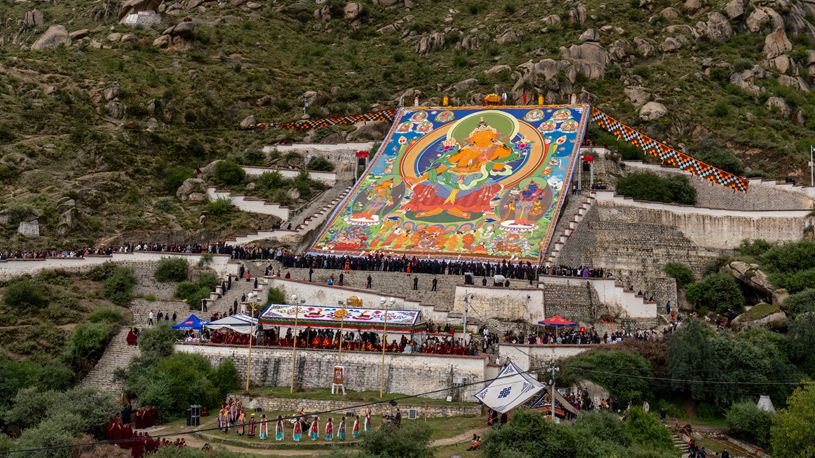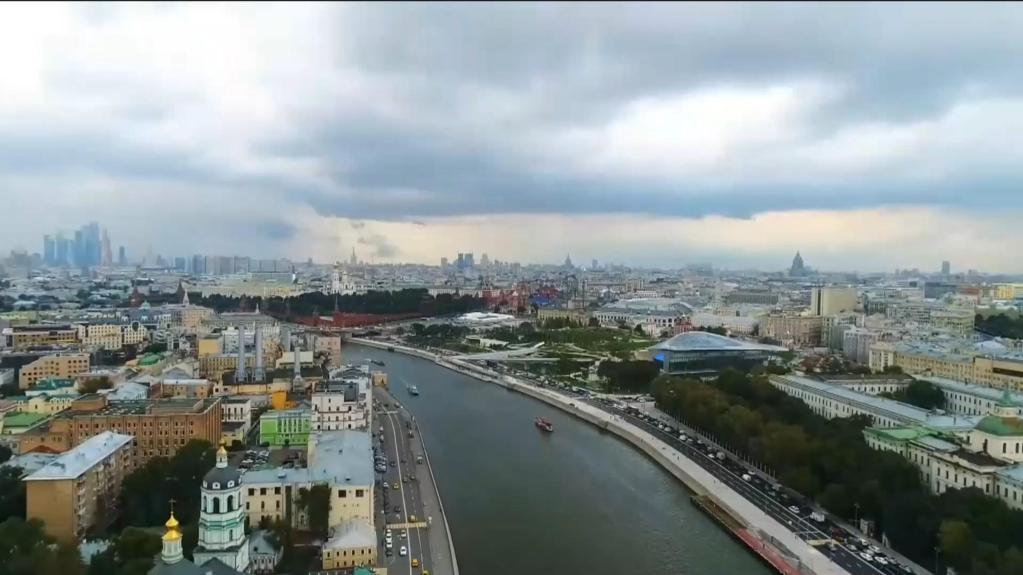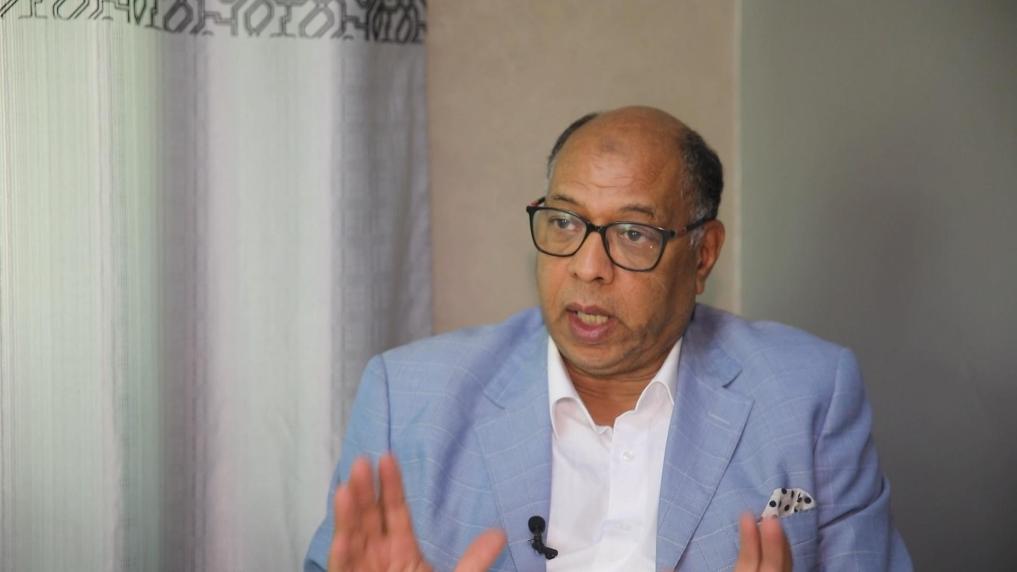Interview: Shanghai Spirit resonates across China-proposed global initiatives, says Kyrgyz expert
Source: Xinhua
Editor: huaxia
2025-08-25 21:31:25
BISHKEK, Aug. 25 (Xinhua) -- The China-proposed global initiatives fully embody the principles of the Shanghai Spirit, the guiding philosophy of the Shanghai Cooperation Organization (SCO), a Kyrgyz expert has told Xinhua.
Mars Sariev, a political scientist from Kyrgyzstan and an expert on Central Asian issues, said the Global Development Initiative, the Global Security Initiative and the Global Civilization Initiative reflect the Shanghai Spirit, which is founded on mutual trust, mutual benefit, equality, consultation, respect for diversity of civilizations and the pursuit of common development.
Depicting the Shanghai Spirit as the ideological and value-based foundation of the SCO, Sariev said that its essential unity with the three global initiatives lies in their shared vision of promoting a fair and sustainable world order.
"These initiatives focus on sustainable development, peaceful coexistence and respect for cultures and sovereignty, which echoes the SCO approaches," he said.
As a practical example, Sariev pointed to the Belt and Road Initiative (BRI), in which nearly all SCO members participate.
"China is actively developing infrastructure, logistics, cultural and humanitarian ties, providing the countries of the region, including Kyrgyzstan, with opportunities to participate in transnational projects and integrate into the Eurasian space," he noted.
Sariev also highlighted the SCO's role as a genuine platform for amplifying the voice of the Global South. In today's multipolar world, he said, developing countries seek to defend their interests independently, without reliance on traditional power centers.
He further observed that the SCO's expansion to include more Global South members amplifies the voice of developing countries on the world stage, helping reshape global governance toward a more balanced order.
Cultural and media cooperation has also flourished within the SCO, with joint film productions, translation projects of classical literature and collaborative museum exhibitions. These projects, Sariev said, "create a common cultural space in which the historical interconnection of the peoples of Eurasia becomes a living part of modernity."
He added that cultural exchanges lay the foundation for long-term trust and sustainable cooperation while fostering respect for the diversity, historical heritage and cultural achievements of other countries among younger generations.
On the upcoming SCO summit in Tianjin, China, Sariev expressed high expectations for deepening cooperation in key areas, including economic integration, regional security coordination, and the promotion of environmental and digital initiatives.■













Comments